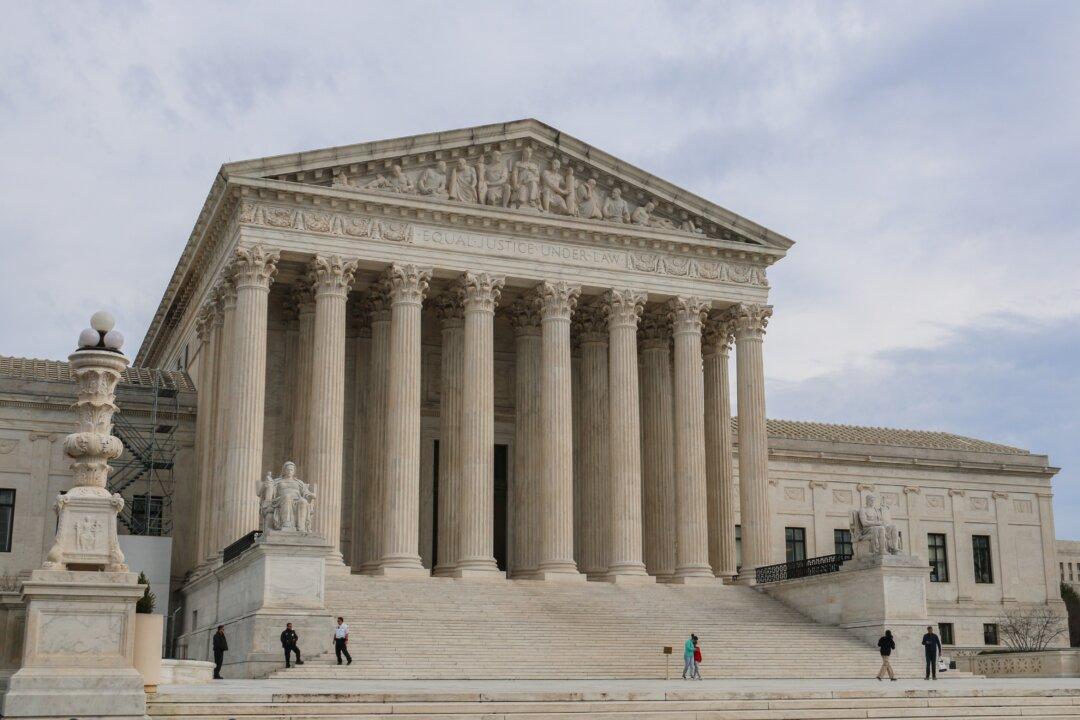The U.S. Supreme Court set aside the death sentences of six convicted murderers in Arizona after recently ruling that withholding certain information from the jury during the sentencing process was unlawful.
The court previously held it was illegal to prevent jurors from being informed that if a condemned person were given a life sentence it would be without the possibility of parole.





